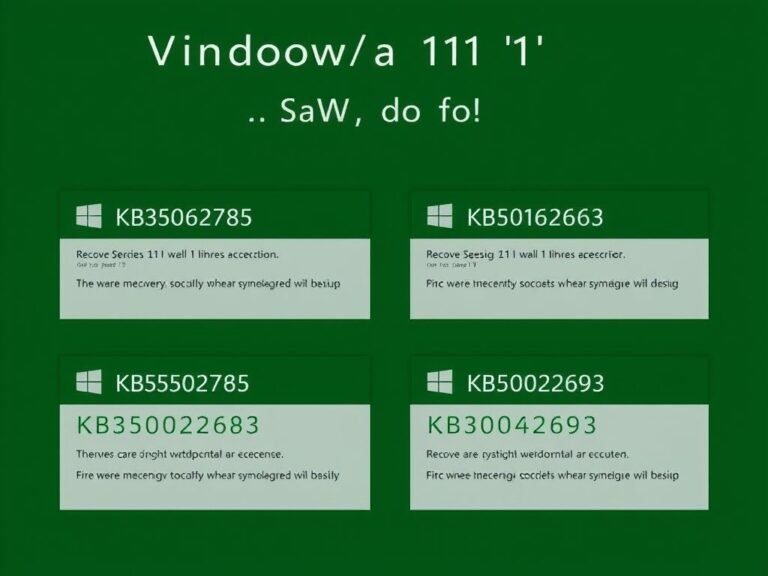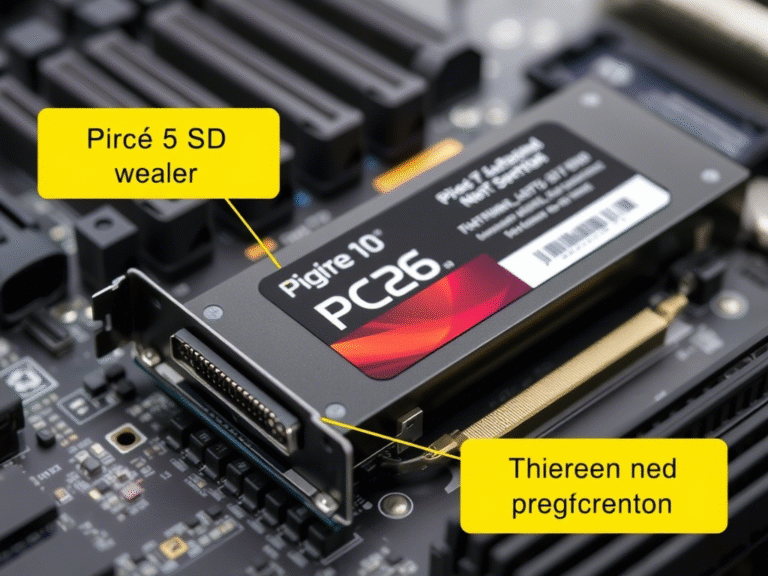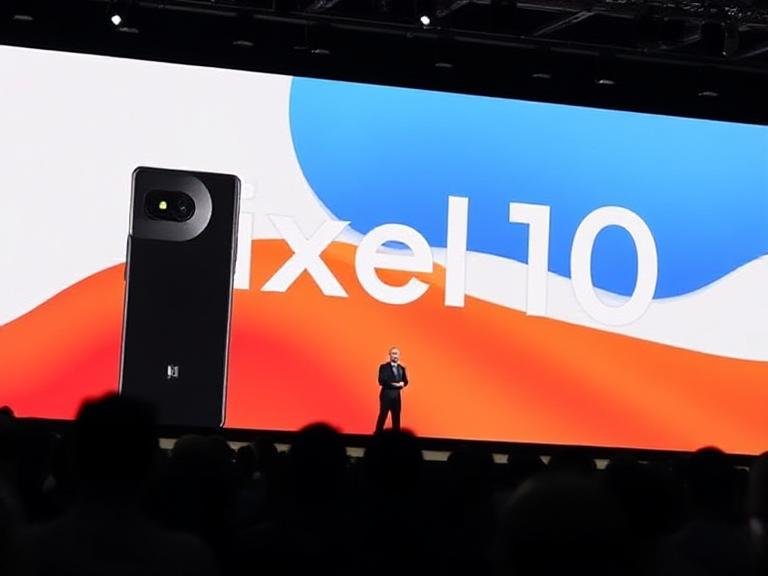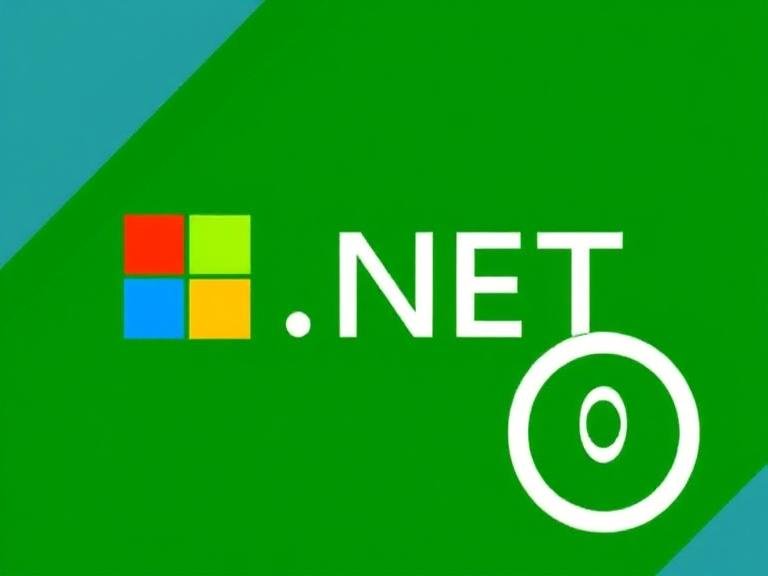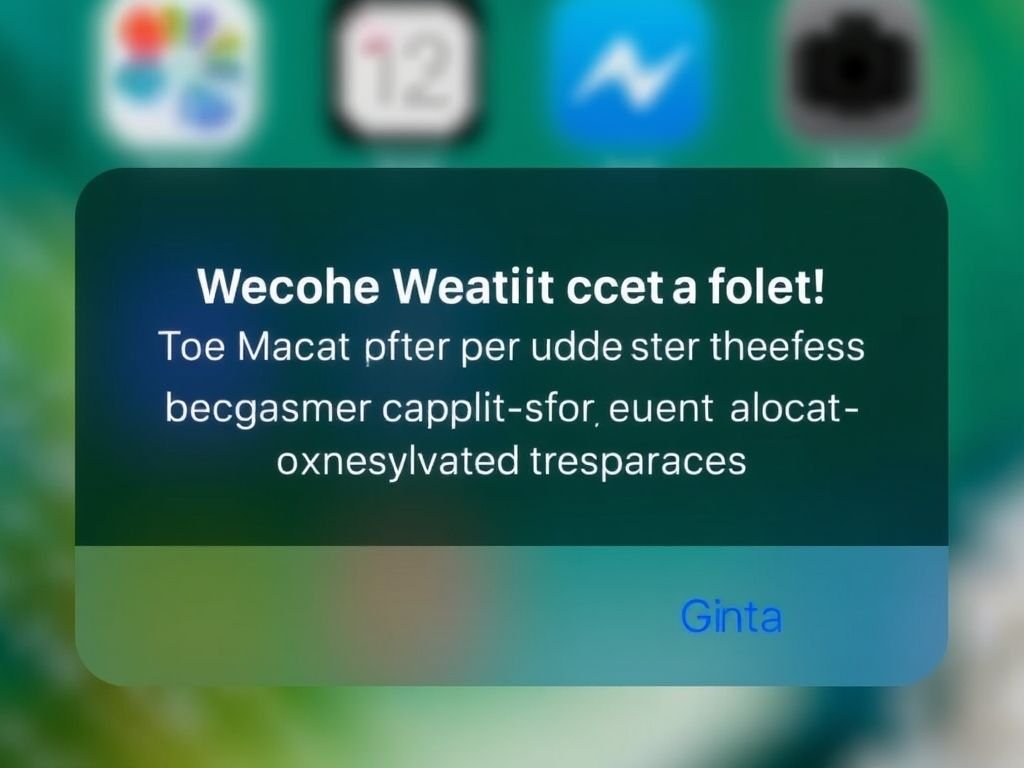
Unexpected Promotion Sparks Backlash Against Apple
iPhone users around the world have taken to social media and tech forums to express frustration over an unexpected push notification from Apple — a promotional ad for its upcoming Formula 1 movie , offering a $10 discount on two tickets when purchased through Fandango using Apple Pay .
What made this notification stand out — and upset so many users — is that it didn’t come from a third-party app or streaming service. Instead, it appeared in the Wallet app , a core Apple application typically used for storing payment cards, passes, and digital keys — not for movie marketing.
🎬 Why Is Apple Pushing This Movie So Hard?
Apple has heavily invested in the production of this film, which stars Brad Pitt and reportedly cost more than $200 million to make. The tech giant went all-in creatively as well, using custom-built cameras made from components of the iPhone 15 Pro to capture high-quality in-car footage.
Beyond just filming techniques, Apple also integrated its fictional team, APXGP , into real Formula 1 race weekends — blurring the line between entertainment and reality. Other promotional efforts included a special haptic trailer , appearances at WWDC , and now, controversially, push notifications.
Clearly, Apple sees this film as a major milestone in its growing content strategy.
❌ The Backlash: It’s Not About the Discount
The biggest issue for many users isn’t about missing out on a deal — it’s about principle . Many feel that a device costing over $1,000 shouldn’t be serving ads, especially within first-party apps like Wallet.
For iPhone owners, Wallet is more than just another app — it’s a trusted utility for managing financial transactions, transit passes, event tickets, and even driver’s licenses in some regions. Receiving what feels like a marketing message in such a space came across as intrusive and misplaced.
As one user put it:
“I expect ads on free apps, but not on my Wallet. That’s where I store my credit cards!”
⚖️ Does This Violate Apple’s Own Rules?
Surprisingly, the backlash isn’t just coming from users — some are questioning whether Apple violated its own App Store guidelines . According to Apple’s policies, push notifications should not be used for direct marketing purposes unless the user has explicitly opted in.
This raises a key question: Did Apple ask users if they wanted to receive promotional messages through Wallet?
So far, there hasn’t been a clear opt-out option for these notifications — adding fuel to the fire.
🔧 What’s Next? A New Marketing Channel in the Making?
Despite the criticism, there are signs that Apple is planning to expand this type of messaging. A new toggle to disable promotional content was recently discovered in a beta version of iOS 18 , suggesting that Apple may introduce more targeted advertising in the future.
TechCrunch reported that this feature appears to be part of a broader strategy to turn the Wallet app into a more interactive platform , possibly including loyalty programs, offers, and exclusive deals.
But for now, many users aren’t convinced — and they’re making their voices heard.
While Apple continues to invest heavily in original content, how it promotes that content matters — especially on devices people trust with their most sensitive data. Using the Wallet app for movie ads may have crossed a line for many iPhone users.
Whether this is a one-time experiment or the start of a new marketing trend remains to be seen. But if Apple wants to keep user trust intact, it will need to tread carefully.

